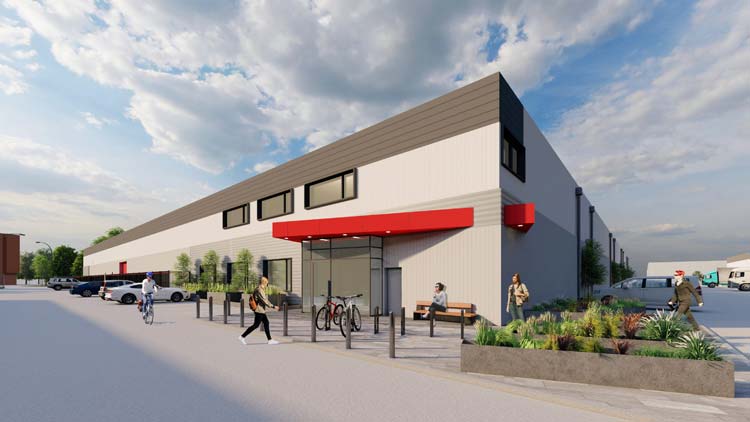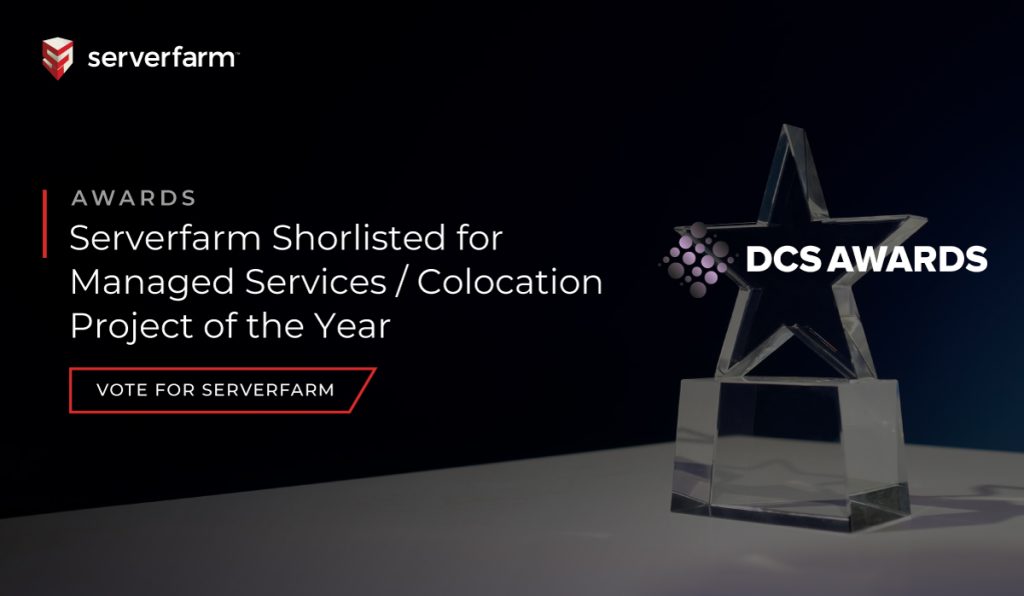There are also challenges in construction material delays. A 2023 survey reported by Statista indicated that the majority of respondents experienced an increase in data center construction material lead times, with respondents reporting delays of more than eight weeks on average.
It is no surprise the demand for MEP equipment for critical services has never been greater.
Huge growth in the data center industry, alongside mass electrification across every sector from automotive to marine transport, to manufacturing mean power chain equipment makers have full order books. This has come in the aftermath of the huge impact of the Covid pandemic on global supply chains.
Increased complexity and incident responses to multiple failures?
As digitalisation accelerates across every aspect of life, data centre operators have become the infrastructure foundation for the world’s critical services.
Colocation service providers such as Serverfarm want to invest in equipment of high build quality, that operates well in the field, needs minimal servicing and does not fail.
Of course, no-one likes to talk about equipment failures. But failures are a reality. And given the pressures being felt by manufacturers it is a reasonable question to ask if we are going to see more equipment failures in the future.
At this time of surging demand the challenge for manufacturers is to ensure quality does not suffer. But investing the quality equipment is just part of the solution. Effective day to day operations is knowing what to do when serious incidents occur – even where a cascading series of events might see multiple concurrent equipment fall over.
For example, everyone who uses a colocation provider has asked: “What happens if you lose the grid?” In normal circumstances losing the grid means transferring to a second feed.
But how many follow up with the question – what happens if there is an equipment failure and the second feed is offline? And what then happens if one of the gensets fails to start up? How much pressure can the UPS and battery equipment take? And what happens if a failure happens here too?
Is such a series of events unimaginable? Not if you are an engineer.
Were such events to occur in sequence is exactly the time when standards, consistency, processes and professional expertise can prove the difference between ‘incident’ and ‘catastrophe.’
In a well run data center operational expertise includes the on site teams having forensic insight into the design and construction of every aspect of the facility. The best way to achieve this is through those teams participating at the design and construction stage of the data center.
This level of collaboration means that operations can see ‘how this facility is actually going to run’ is understood even before the first GPU server is wheeled into a hall and onto a rack.
This must be backed by demonstrating the highest operational standards. Having proven incident response processes (which are globally consistent, drilled and practiced) and having the right expertise on site could make the difference between maintaining uptime and total shutdown.
Furthermore, being open, transparent and engaging with customers provides reassurances and communicates: ‘This is how we run things.’










